The Discovery of Ancient India: Early Archaeologists and the Beginnings of Archaeology
Synopsis
This book breaks colonial archaeology down into its specific constituents and examines the ideas, impulses, tensions, and individual contributions that comprised early studies of India's ancient past. It focuses, at the outset, on the ideas and work of Alexander Cunningham, who became the first Director General of the Archaeological Survey of India in 1871. It also examines the contributions of Cunningham's assistants, Beglar and Carlleyle. It then looks at a number of related issues--the different definitions of archaeological research; the conflict between field archaeologists and architectural scholars; the debate over whether antiquities should be left in situ or removed to museums; the different approaches and initiatives towards the conservation of historical monuments. It also reconstructs the history of certain important Buddhist sites--Bodh Gaya, Sanchi, and Bharhut--during the second half of the nineteenth century, while giving a detailed account of the life-history of the site of Amaravati. Finally, it looks at the contribution made by Indian scholars to the antiquarian and archaeological projects, and at the interaction between the colonial government and the Indian princes vis-a-vis the conservation of historical monuments. This book is written as much for the general reader interested in India's antiquity and its pioneering archaeologists, as for students of the history of archaeology, colonialism, and constructions of the past.
Read more
31.50
28.35
$
35.00 $
Free delivery Wolrdwidе in 10-18 days
Ships in 1-2 days from New Delhi
Membership for 1 Year $35.00
Get it now and save 10%
Get it now and save 10%
BECOME A MEMBER

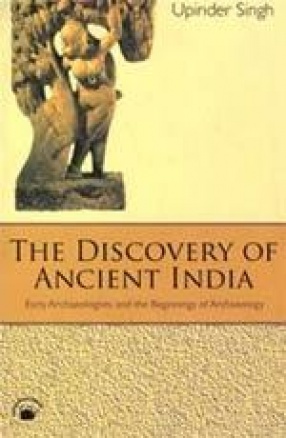
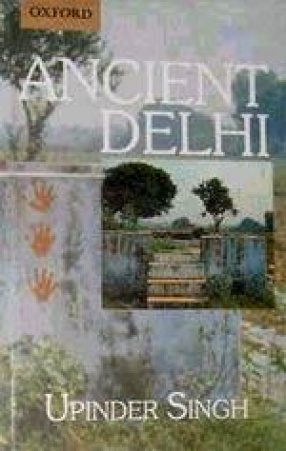
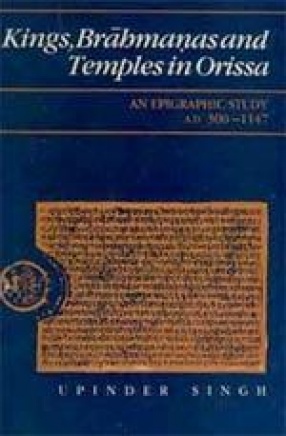
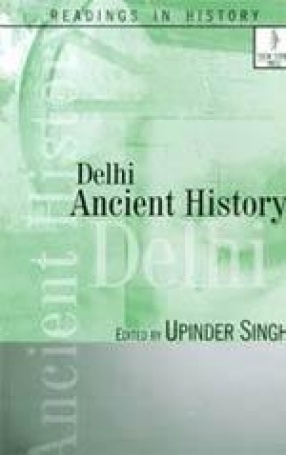
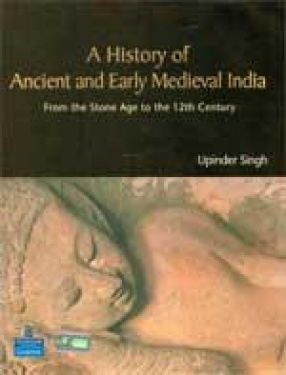
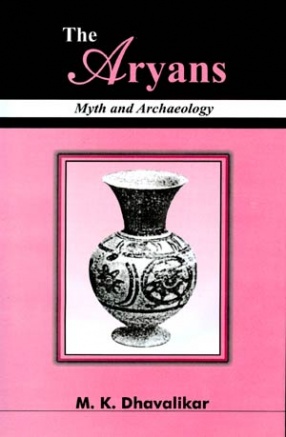
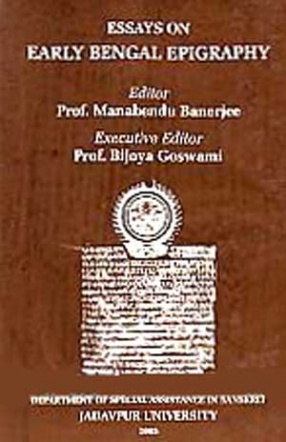
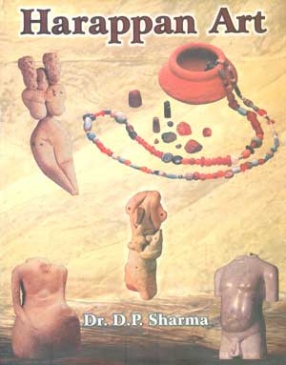
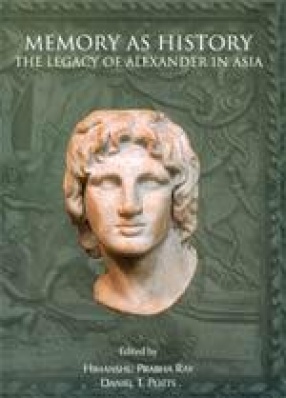

Bibliographic information